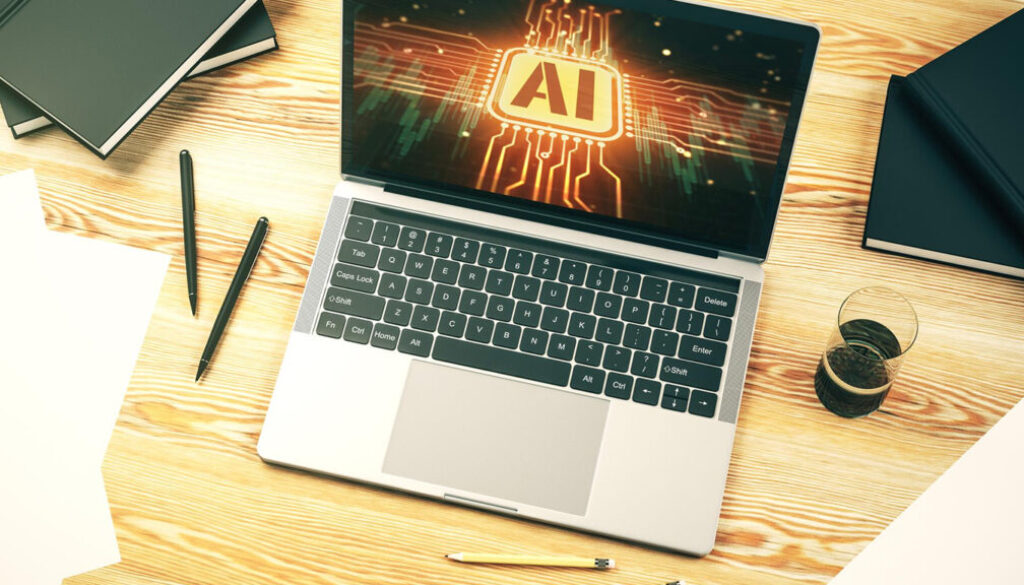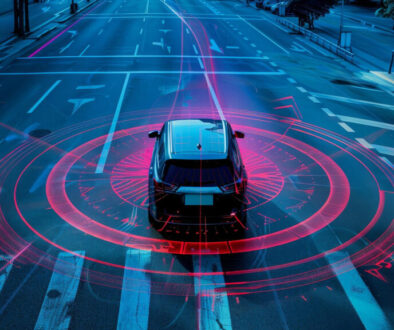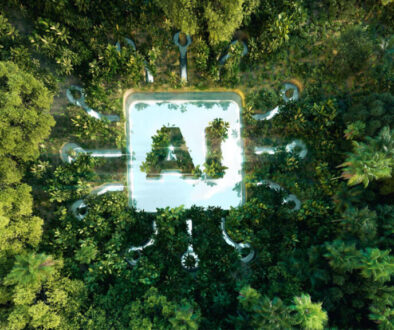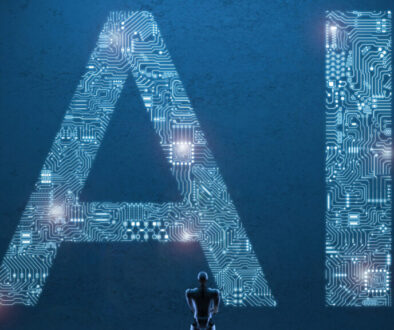Table of Contents
AI in Education: 5 Innovative Ways AI is Revolutionizing Learning
Currently, there are new ways of implementing artificial intelligence in the creation of education. With the new trends in technology enhancement, innovations such as machine learning have empowered the creation of curve teaching lessons in a more natural way using artificial intelligence.
In the current education, artificial intelligence usage evolves since now teachers make and create education courses that meet the learning needs of individual students through specific platforms.
Adaptive Learning Platforms Adaptive Learning: Ai in education
Personalised Learning:
The Integration of artificial intelligence in education creates adaptive learning platforms. These platforms have machine learning algorithms that adjust and customize the education nature along with a student’s test results, and what they prefer to study.
Intuitive Tutoring Systems
Intuitive learning systems use artificial intelligence algorithms and create the same support interfaces that human tutors establish using natural intelligence. The platform also has learning monitoring software that indicates the scores earned by a student in a certain time study that designates how one has understood specific concepts.
Virtual Learning Assistants: Enhancing Student Engagement and Interaction
Virtual Assistants Utilization of Artificial intelligence has extended to the involvement of elaborate artificial intelligence algorithms that make virtual assistants in online education. Students’ engagement and interaction within the learning process are promoted through the deployment of AI-powered virtual learning assistants. These intelligent systems employ natural language processing and machine learning to support and respond to students as well as organize joint activities. Since students are actively encouraged to engage through such personal assistants, they are able to gain in-depth knowledge and broaden their overall understanding of the subject matter retained.
Predictive Analytics: Identifying At-risk Students and Intervening Early
AI-powered predictive analytics models analyze large datasets to identify patterns and trends in student performance data, demographics, and engagement metrics that are predictive of success or risk factors. Thus, they help predict which students are at risk of experiencing academic underperformance or dropping out. Through adopting targeted interventions and support strategies early on, educators can prevent such setbacks, thus promoting students’ success.
Personalized Content Recommendations: Curating Customized Learning Experiences
AI algorithms analyze student preferences, learning styles, and performance data using students’ interaction history to curate personalized content recommendations based on their unique needs and interests. In the form of relevant resources, articles, videos, and interactive activities, they enhance the learning experience for students and cater to their diverse learning styles and preferences. Consumers guide themselves through the content, investigating topics of interest at their own pace, without being deprived of the calculated presentation of information.
Conclusion: Ai in education
In conclusion, the integration of AI in education system transforms the teach-to-learn paradigm, thus providing students with the possibility of personalized experience aligned with their needs. From personalized learning platforms to tutorization systems, AI-powered mechanisms set the stage for favourable learning outcomes by moulding student involvement and permitting academic success. The future on the educational front is undeniably bright, and the possibilities are promising as long as educators continue to use AI to exert influence on one’s experience.
Follow us on Instagram: globalinsightify
visit our homepage: Global Insightify



